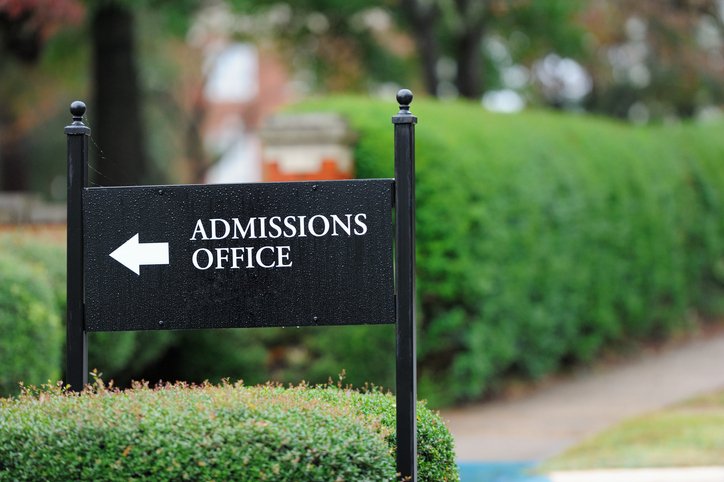
Use of Race Conscious Measures in Student Admission Decisions are Unconstitutional…
Aug 3, 2023
Share to:
Says the United States Supreme Court in its decisions in Students for Fair Admissions (“SFFA”) vs. Harvard University (“Harvard”) and the University of North Carolina (“UNC”) (June 29, 2023). The Court’s decisions striking down the use of “affirmative action” in higher education student admission decisions was not unexpected but is nevertheless significant and impactful. It reverses decades of precedent upholding the limited use of race to achieve and maintain diversity on college campuses and requires many higher education institutions to make changes in many of its policies and programs. Additionally, while the Court’s rulings were limited to the use of race in student admissions, many educators and lawyers believe it will impact other college programs, scholarships and potentially, employment decisions.
The Court, in a 6-3 decision found that both Harvard and UNC student admission procedures violated Title VI of the Civil Rights Act (which prohibits racial discrimination by entities receiving federal funds) and/or the Equal Protection Clause of the Fourteenth Amendment to the Constitution. The Court stated that race-based admission programs have been upheld only within the confines of narrow restrictions, and even then, these programs must comply with “strict scrutiny,” never use race as stereotype or negative and at some point, the programs must end. Although the Supreme Court had previously ruled that diversity of students presented a compelling and legitimate basis for using race conscious student admission programs, in its June 29, 2023 decisions, the Court held that the student admissions process used by Harvard and UNC “lack sufficiently focused and measurable objectives warranting the use of race, unavoidably employ race in a negative manner, involve racial stereotyping and lack meaningful end points.” The decisions provide an immediate mandate for colleges and universities to revamp their student admissions process, and if necessary, to only “use color blind criteria in admissions.” Notably, the Court exempted military service academies which utilize race as a limited factor in admitting cadets, stating the military academies were not at issue and that they present “potentially distinct interests” from colleges and universities.
In what some proponents of the use of race conscious measures view as a possible “silver lining,” Chief Justice Roberts wrote, “Nothing in this opinion should be construed as prohibiting universities from considering an applicant’s discussion (essay) of how race affected his or her life.” As an example, Roberts stated that a student who writes an essay based upon his/her race or national origin must be able to tie the essay to admission worthy criteria such as courage, determination, leadership, or some other particular goals showing the student’s unique ability to contribute to the university. However, Roberts went on to caution colleges and universities from allowing student admission essays to become a proxy for race.
The Plaintiffs’ attorneys have warned colleges and universities that they have an obligation to comply with the Court’s decision and that they will be carefully monitoring student admissions programs. Additionally, many states, through their Attorney Generals, and several U.S. Senators, have sent letters not only to colleges and universities, but to some of the largest employers in America asserting that the use of race conscious measures in any college program or employment decisions is unconstitutional and must end. Employers should act proactively in ensuring that use of race in their processes and procedures are compliant with the Court’s statements recent decision on race conscious measures.
